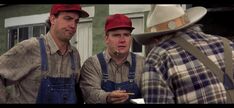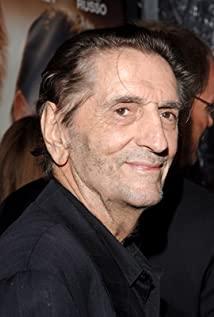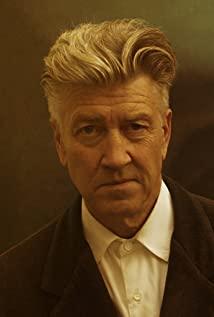World This film was written once earlier, but it is a running account. A netizen said to me that you must watch the movie before reading your review, otherwise it will be boring to watch it again. I also discovered this problem later. In fact, the teacher also commented on the running account when I was writing. At that time, I was too timid to ask what it meant, but now I understand. I remember for a while I couldn't tell the difference between David Fincher and David Lynch, because "Fight Club" was very similar to Lynch's style, so they were all confused.
Lynch's style has an indescribable feeling, you call it suspenseful, not like it. It's weird, it's not like it. There are changes in each of his films, such as the first "Eraser Head" is full of CULT style, always a kind of surrealism, expressing the understanding of evil, the contempt for the desire of the soul. When it comes to The Elephant Man, it returns to the critique of realist morality and secular prejudice. I didn't know it was the same director when I watched the two films at the time, but I didn't feel that the difference was too big until I found out later. I thought those famous directors would stick to their own style, such as Bergman Tarkovsky, Yasujiro Ozu, etc. Lynch is more of an alternative. This "Mr. Streeter's Story" was made after "Monster Night", so the changeable style is Lynch's characteristic.
"Mr. Streeter's Story" changed the previous shots and paid more attention to the large panorama and close-up. In the previous films "Mulholland Drive", "Monster Night Panic" and "Inland Empire", the focus was on close-up, because close-up can increase the sense of suspense and strangeness, making the plot more prominent. And "Mr. Streeter's Story" mostly shows a large panorama, with a bird's-eye view of the lawn mower driving on the rural road, such a beautiful scenery brings out the soul of the characters. There are almost no close-ups in this film, and it feels that the characters are all equal at once, and there is no sense of prominence.
Besides, the narrative style of the plot has also changed a lot. I believe everyone has a deep impression on "Mulholland Drive". Every episode of this film will leave questions, which will enable the audience to use their imagination to think and pursue the root of the problem. because. The same technique is used in "Evil Night Panic". This is what we call "buttoning" when listening to the storytelling, and using "buttoning" to draw curiosity to see the film to the end. And "Mr. Streeter's Story" has no such technique at all, and the plot flows smoothly from beginning to end, which is completely different from the previous style.
Finally, let’s talk about Lynch’s film themes. Whether it’s “Monster Night Panic”, “Mulholland Drive” or “Inland Empire” and “Blue Velvet”, Lynch is very fond of psychoanalysis, and through the characters’ behavioral thoughts Expressing the contradictions of the id, the hypocrisy of the ego, and the loss of control of the superego. But "Mr. Streeter's Story" is very simple, there is no struggle between good and evil, only an elegant soul tells about his ordinary and colorful life.
View more about The Straight Story reviews











